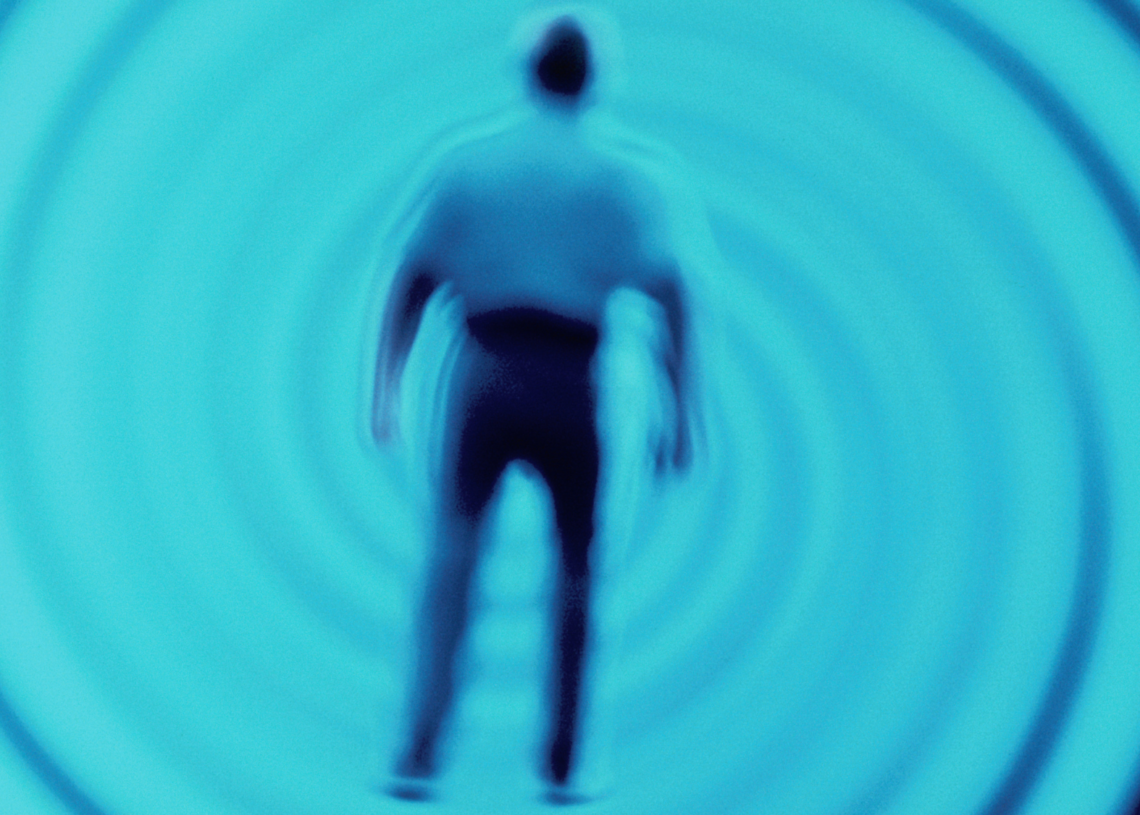Time feels like a river. We say it “flows.” But what is “flowing” exactly? What is time, even? American philosopher Adrian Bardon argues that the “flow” is a mental construction, a story your brain tells to organize experience, not a feature of the universe itself.
This isn’t a TikTok shower thought. Ancient thinkers from Parmenides to Augustine wrestled with the idea that past and future lack physical addresses. If those moments aren’t “there,” what, exactly, is traveling from future to present to past?
Einstein then wrecked the last safe harbor. Relativity showed that “now” is not universal. Picture two lightning strikes at equal distances from a person on a platform. They look simultaneous. A rider on a passing train, moving toward one flash and away from the other, won’t agree. Same event, different clocks. The single cosmic present starts to look like a hometown myth.
Change, on this view, is not a cosmic current. It’s the plain fact that what’s true at one time differs from what’s true at another. You remember certain things now. Later, you remember more. That’s the whole “passage” right there. Many philosophers and plenty of physics-minded thinkers call this eternalism, the idea that all moments exist on equal footing while our experience moves through them.
So why does the passage of time feel so real? Bardon frames it in his book as psychological projection. The brain builds a coherent timeline from sensory input and memory, then mistakes that timeline for a property of the world, the way we treat color as “out there” rather than a coded response to wavelengths.
Think of the red rose. The rose reflects certain light, your visual system manufactures redness, and your mind labels the thing “red.” No one is wrong to use the label. The mistake happens when we take the label for the essence. Time works the same way. The experience is genuine. The metaphysics we attach to it is optional.
Relativity supplies the physics backing. If observers can’t agree on simultaneity, there is no single moving spotlight sweeping events into reality. At any given instant, what is “now” for one observer can sit in the future for another. The universe holds all of it at once.
This view doesn’t erase meaning. It reframes it. Your life remains a sequence of choices and memories. The sequence lives in you. The cosmos, indifferent to clocks, accommodates every page without privileging the page you are on.
If the flow is a cognitive overlay, what changes? Maybe how we suffer deadlines, grieve loss, or cling to the idea that time “took” something from us. The arrow hurts less when you learn it never flew. The mind did the flying. The world simply is.
The post Is the Flow of Time Nothing But an Illusion? appeared first on VICE.




